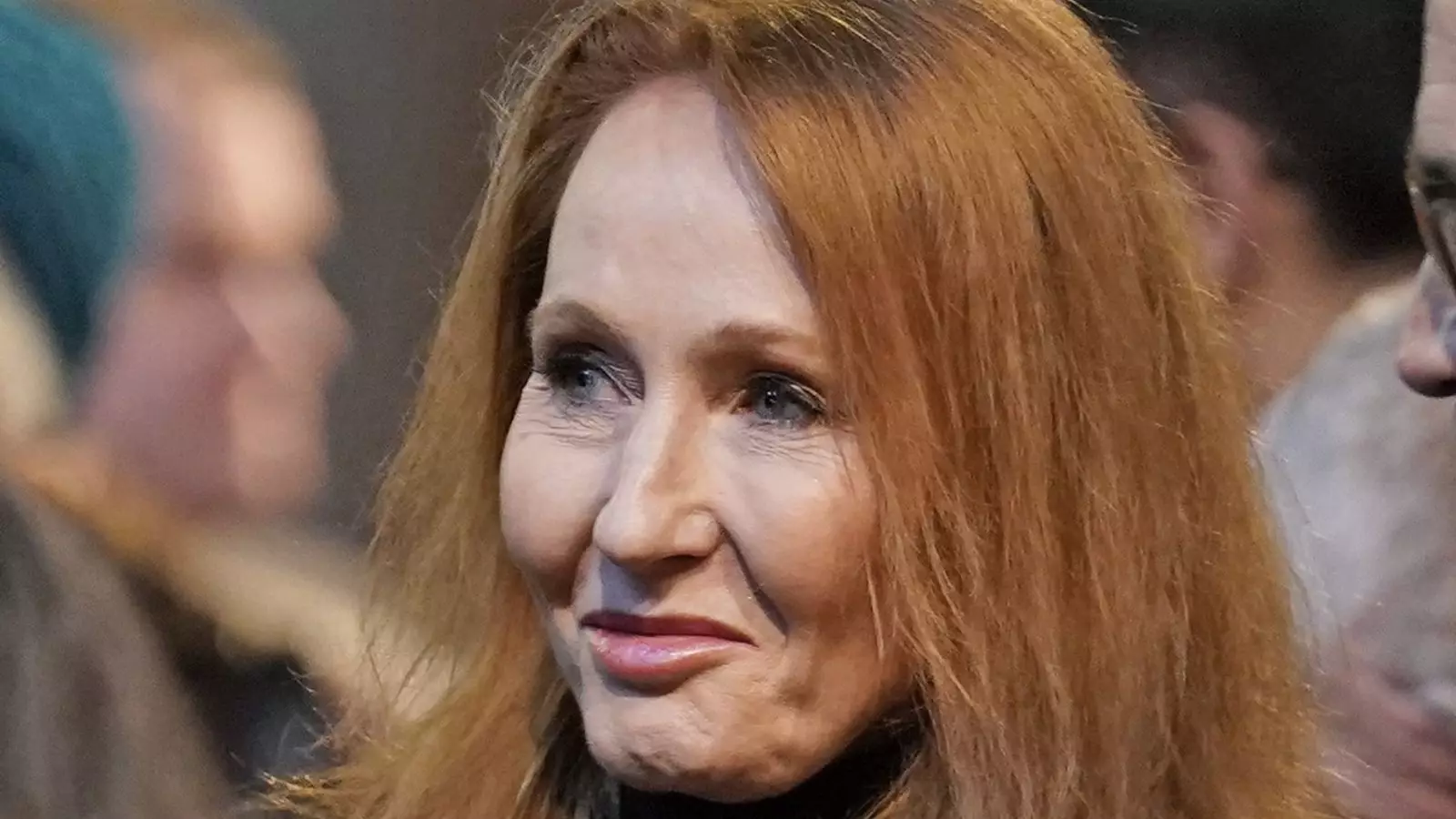JK Rowling, the famous author of the Harry Potter series, recently made comments about Scotland’s new hate crime laws that have sparked controversy. The new legislation aims to tackle harmful behavior based on hatred and prejudice, extending protections to various groups, including age, disability, religion, sexual orientation, and transgender identity. While supporters of the laws believe they will make Scotland more tolerant, critics like Rowling argue that they could limit free speech and fail to adequately protect women. Rowling, who has been living in Scotland since 1993, has been vocal in her opposition to the Scottish government’s stance on transgender rights.
In response to the new hate crime laws, Rowling dared the police to arrest her on social media, expressing concerns about the impact of the legislation on women’s rights. She specifically highlighted the lack of protection for women in the new laws and criticized their potential for abuse by activists seeking to silence dissenting voices. Rowling’s comments were prompted by a post about transgender women, including a double rapist, and objections raised by a Holyrood minister about misgendering online.
Following Rowling’s remarks, the Scottish government has defended the hate crime laws, emphasizing the need to combat hatred based on protected characteristics. First Minister Humza Yousaf has praised the legislation for its aim to protect individuals from hate while safeguarding freedom of expression. He has reassured the public that the new laws will be enforced sensibly, with equivalent offenses for racial hatred existing since the 1980s.
The debate surrounding JK Rowling’s comments on Scotland’s hate crime laws reflects broader societal tensions over issues of free speech, gender rights, and the limits of legislation in addressing discrimination. Rowling’s concerns about the impact of the laws on women’s rights highlight the complexity of balancing different interests and perspectives in the pursuit of equality and tolerance. While the government defends the legislation as a necessary step to combat rising hatred, critics argue that it may unduly restrict public discourse and fail to address specific concerns, such as the safety of women.
The controversy sparked by JK Rowling’s comments on Scotland’s new hate crime laws underscores the challenges of navigating contentious issues such as hate speech, gender rights, and freedom of expression in a diverse and evolving society. As the debate continues, it is crucial for all stakeholders to engage constructively, respect differing viewpoints, and work towards inclusive solutions that uphold the rights and dignity of all individuals. Ultimately, finding a balance between protecting marginalized groups and safeguarding fundamental freedoms remains a complex and ongoing process in the pursuit of a more just and equitable society.


Leave a Reply